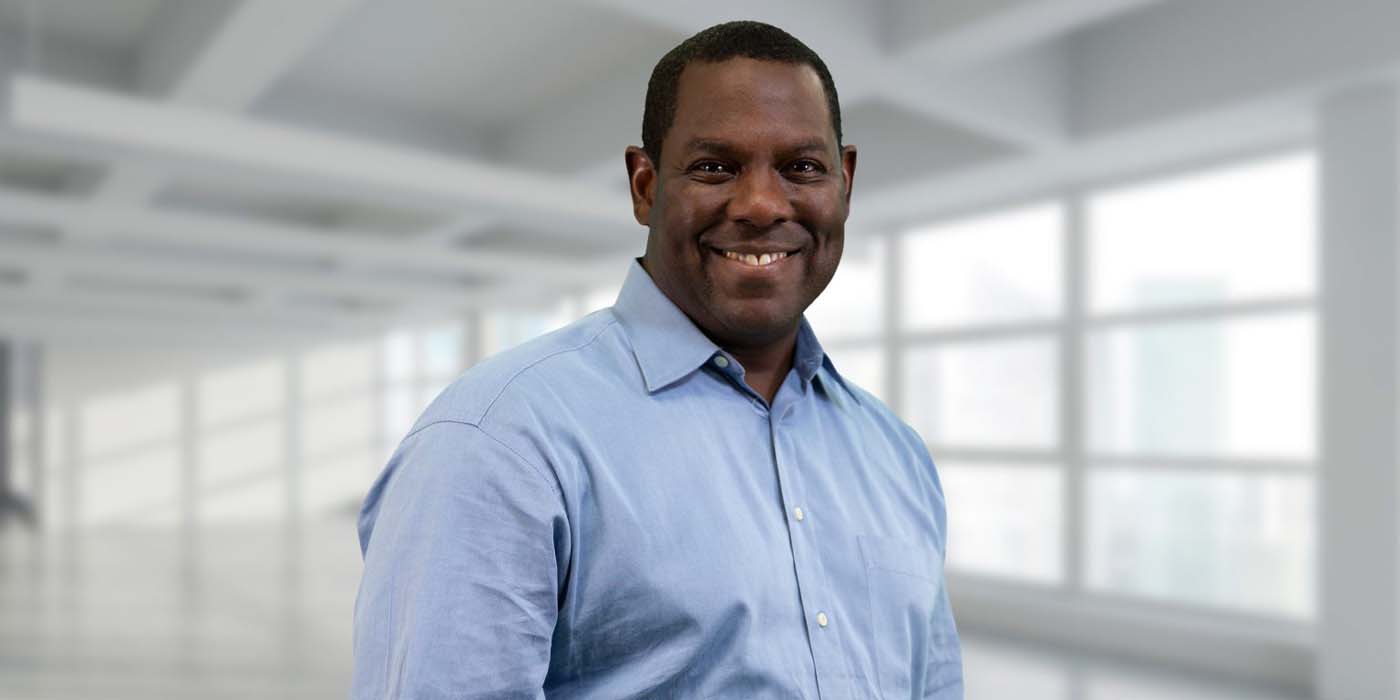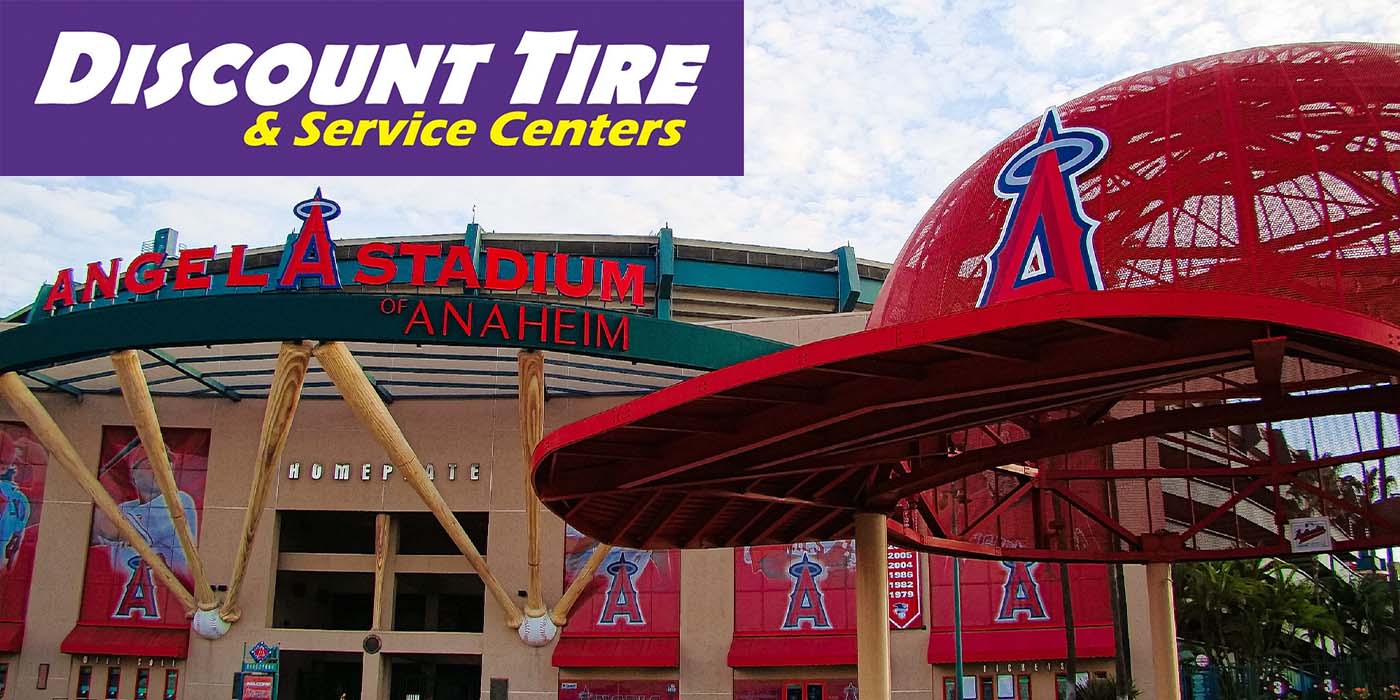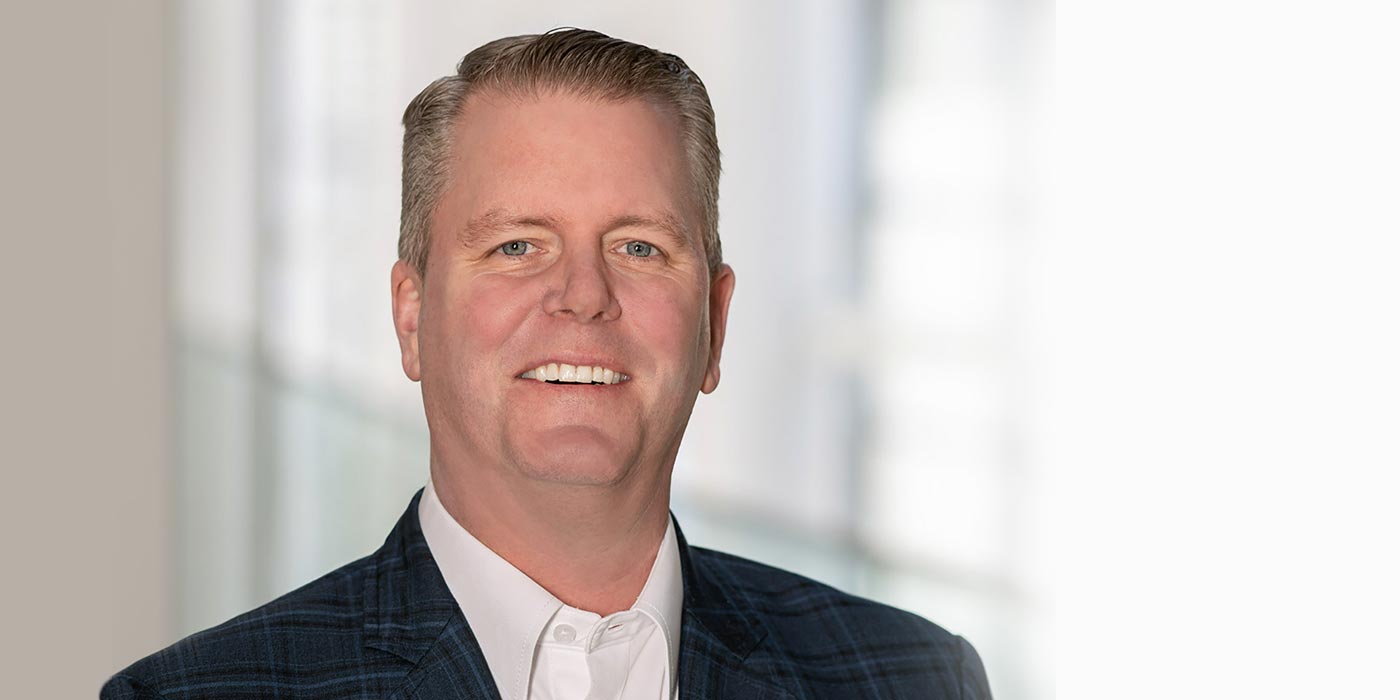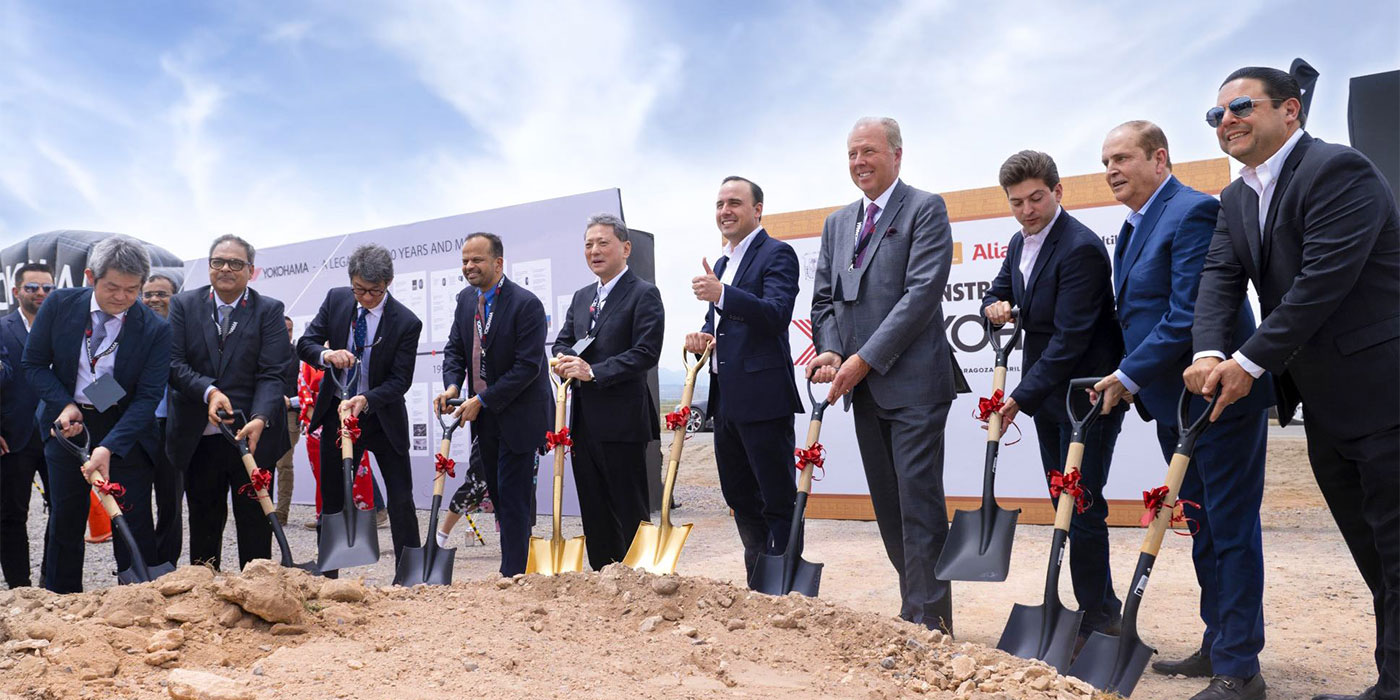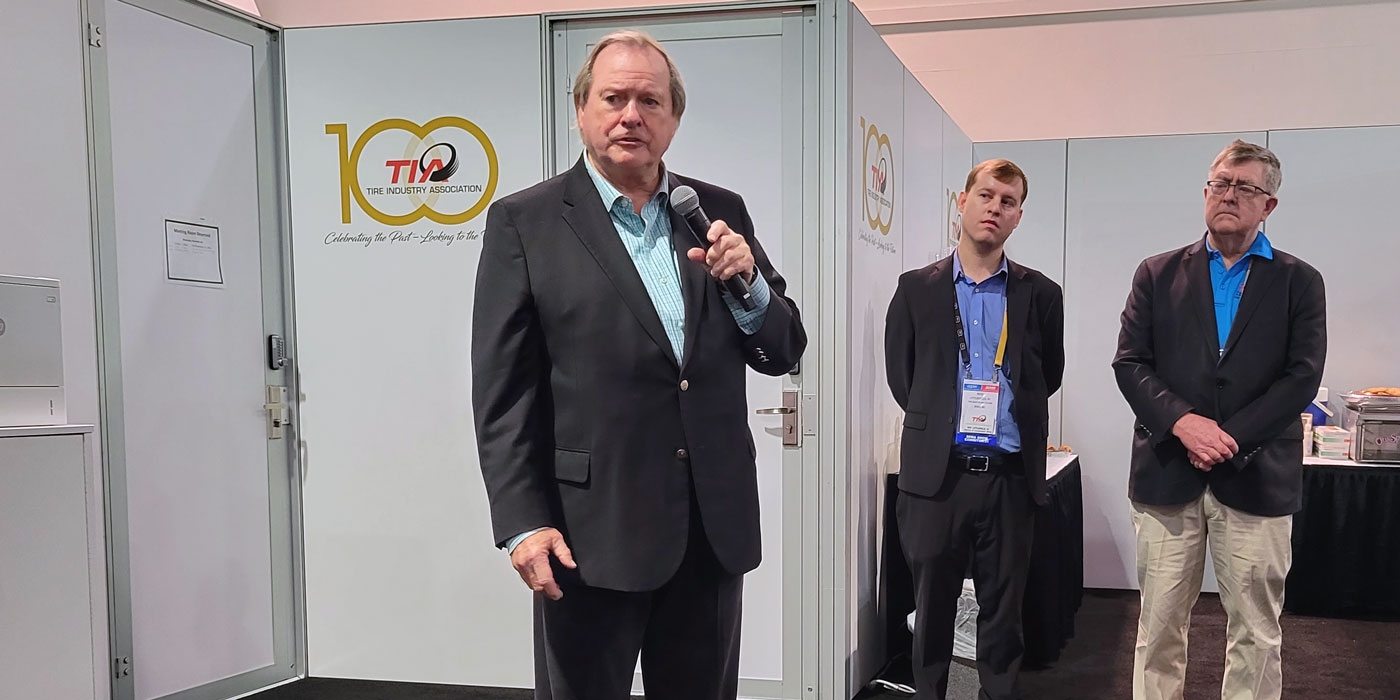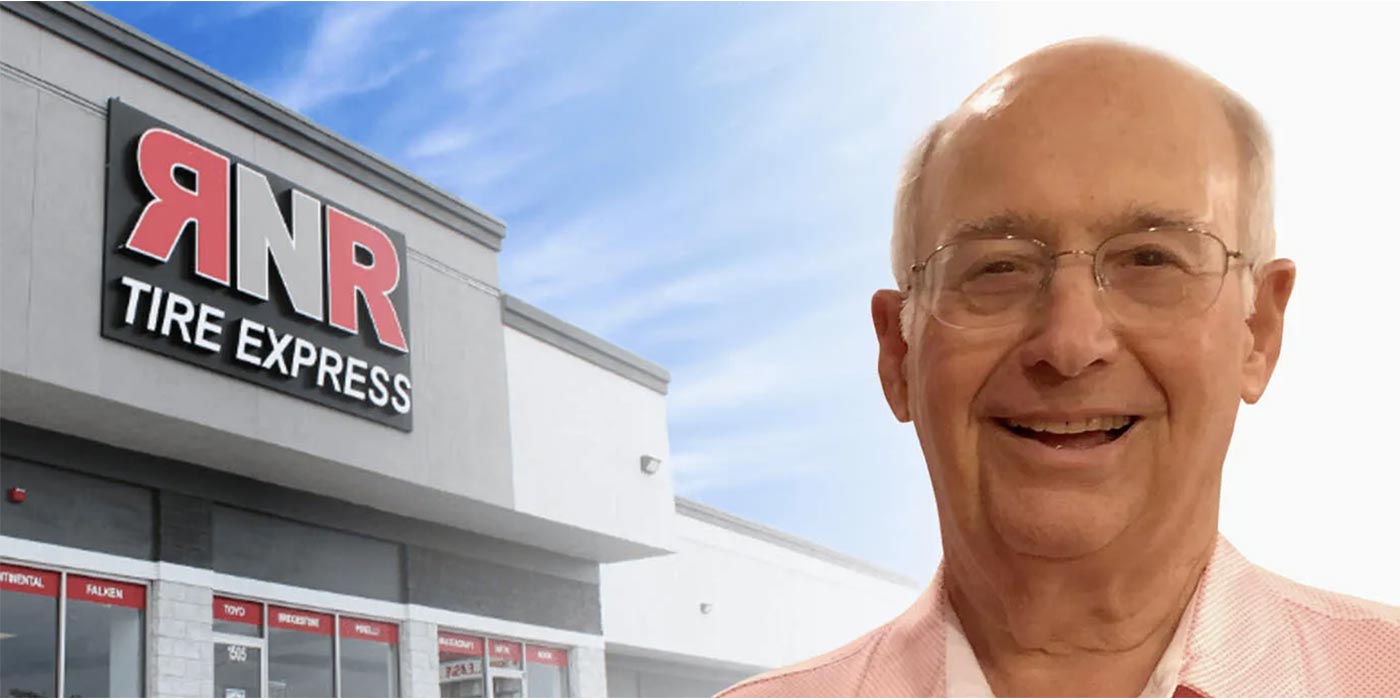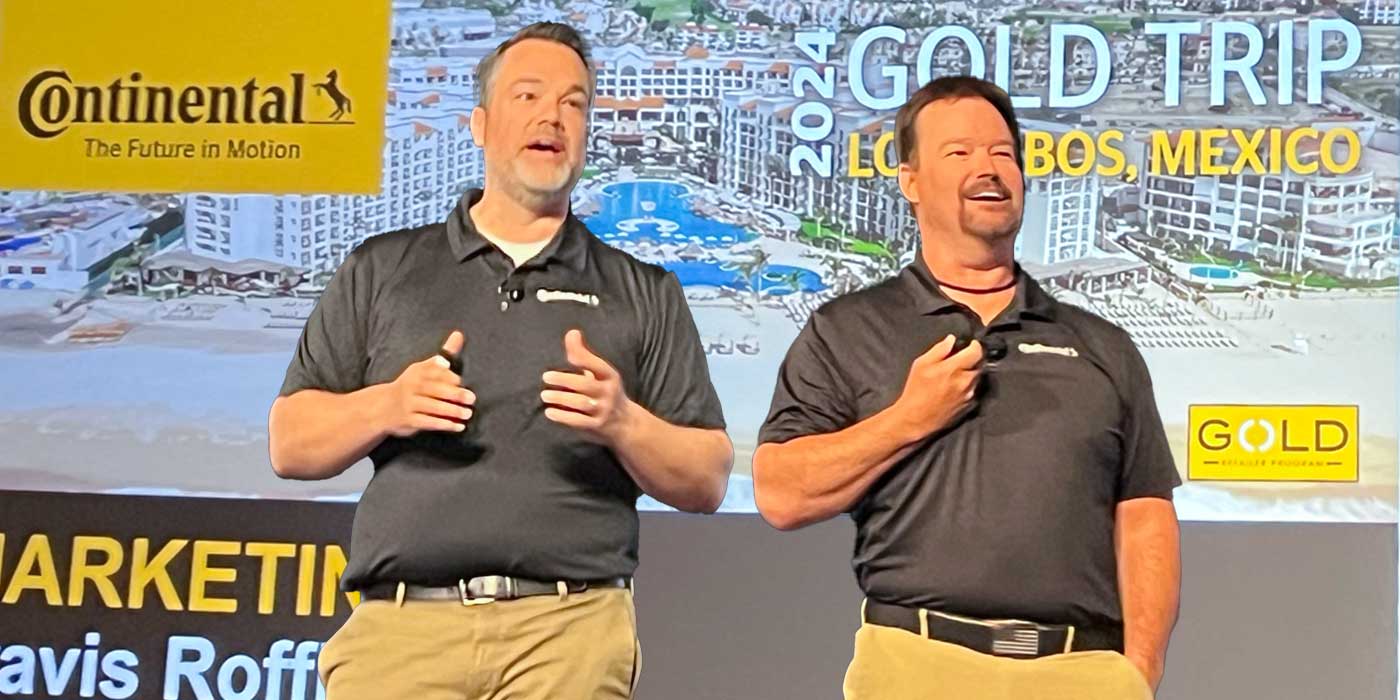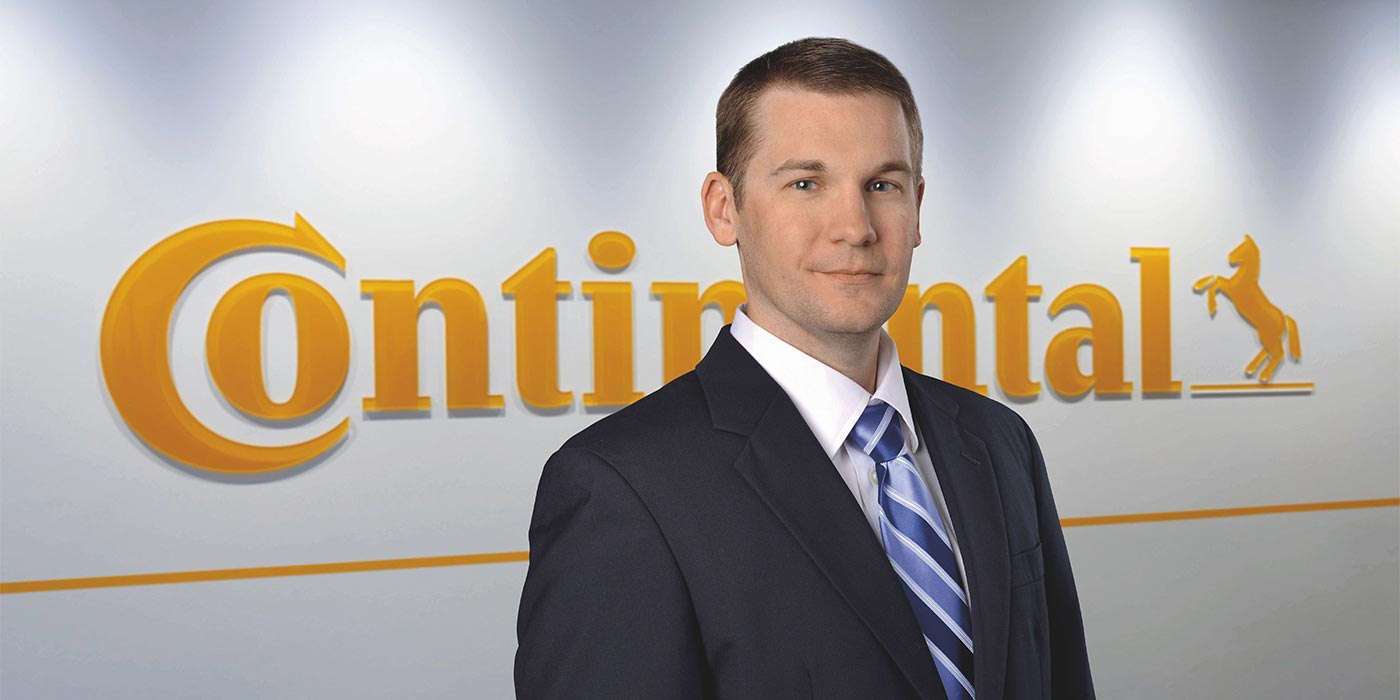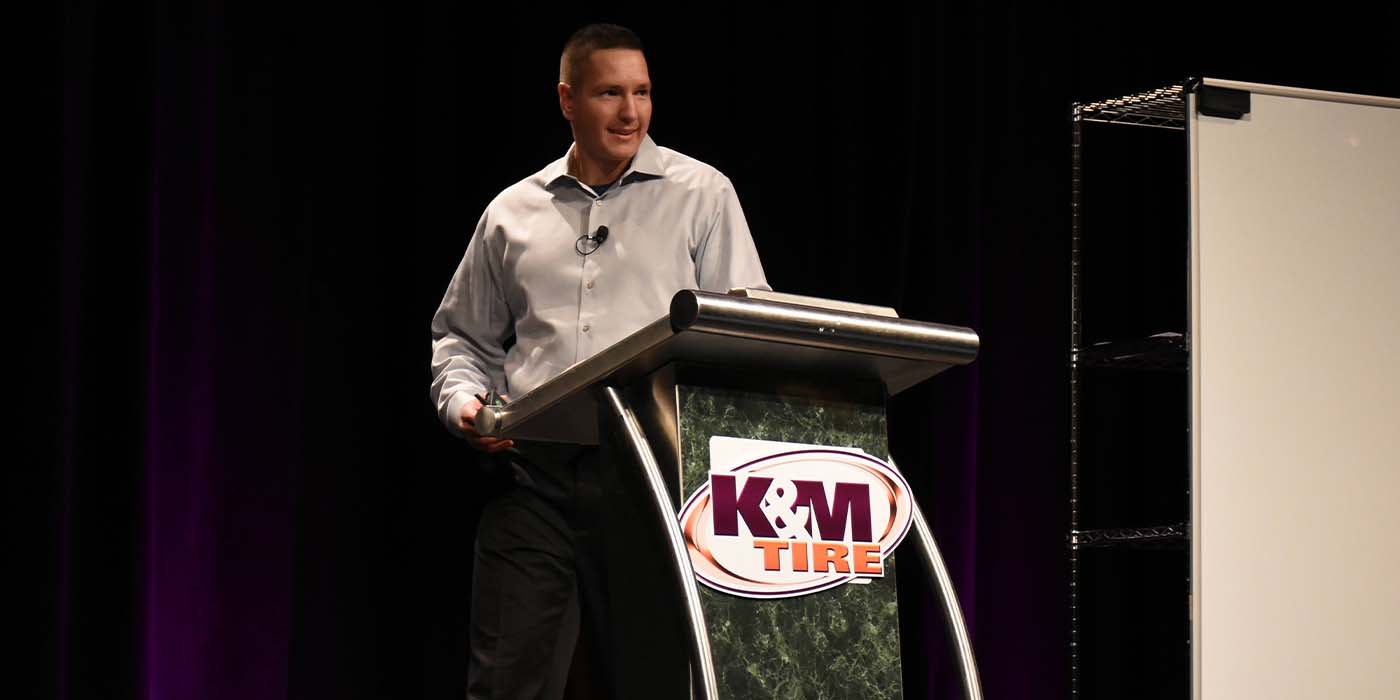Owners Maria-Elisabeth and Georg Schaeffler talked to Spiegel about the company’s problems, their request for a government bailout and their plans to save the family firm.
Spiegel: Mrs. Schaeffler, many see you as the public face of the economic crisis: the billionaire in a fur coat who made the wrong bets and is now asking the government for help. How do you see yourself?
Maria-Elisabeth Schaeffler: In a completely different way, of course. Even when one has strong nerves, it is difficult to endure being stigmatized in this way – as a supposed billionaire, ridiculed and reduced to what I wear.
Spiegel: Why "supposed" billionaire? You were regarded, at least until recently, as one of Europe’s richest women.
Maria-Elisabeth Schaeffler: These rankings of the wealthy stir up envy and resentment and encourage sensationalism. They simply conclude that the revenue of the company is the same as our assets, which is as wrong as it is misleading. This discussion is a distraction from the real issue. It still harms us today, it harms our company and it harms Continental…
Spiegel: …because taxpayers are now expected to bail you out. Labor Minister Olaf Scholz said derisively: "One cannot ask for government assistance in a mink coat."
Maria-Elisabeth Schaeffler: What does it matter if a woman wears a mink coat when it is minus eight? We should be talking about substantive arguments, and not the question of whether someone shows up wearing sackcloth and ashes. I do admit, however, that I have unintentionally made it easy for some to derive political capital from the story.
Spiegel: The images of you in a fur coat were devastating, at any rate. They were followed by emotional tears at an employee demonstration and, finally, the red scarf at the meeting with the IG Metall leadership. Are you trying to do whatever it takes to correct your image?
Maria-Elisabeth Schaeffler: The scarf was completely unintentional. I was wearing an outfit that I always combine with something red. I probably gave it as little thought as an executive does to the tie he picks out in the morning. And now they’re saying it was shrewd…
Spiegel: … and the tears were calculated.
Maria-Elisabeth Schaeffler: At the employee demonstration a few weeks ago, more than 8,000 people were crowded into the market square in Herzogenaurach. Many people were very emotional, and there were tears. I maintain that I, as part of this family, was also moved. Anyone who characterizes this as calculating has either understood nothing or is a heartless person.
Georg Schaeffler: My mother is an elegant, attractive woman. Perhaps it doesn’t fit into this picture that she works incredibly hard and is devoted to the company with her heart and soul.
Maria-Elisabeth Schaeffler: When I open the newspaper, it seems as if everything I have done was negative. Why don’t people take the trouble to find out what I have achieved in business, as well as socially and culturally? Why don’t they realize that I don’t have expensive hobbies and am not part of the jet set?
Spiegel: The condition of your company is negative, at any rate. Schaeffler bit off more than it could chew with the takeover of Continental AG, a company three times its size, and now has €11 billion ($14.85 billion) in debt. The question that interests the public far more than your clothing is: Why should the government help you?
Maria-Elisabeth Schaeffler: Our company, like many others, has found itself in a situation for which we are not solely responsible. There was a serious change in the global economy that no one could have expected. This change is partly attributable to political reasons and partly the fault of the banks. In this sense, the government also bears some responsibility.
Georg Schaeffler: It isn’t always objectionable for the government to help companies stay afloat and secure jobs. It is important to differentiate between the assistance benefiting a company that is fundamentally healthy and one that was already ailing before the crisis.
Spiegel: Are you saying that your company is fundamentally healthy?
Maria-Elisabeth Schaeffler: Yes. It amazes me that no one is acknowledging what has been created here in the last few decades. When my husband died 13 years ago, they said that things could not go on without Georg Schaeffler. But they did go on. Today sales have tripled, as has the work force. This is completely ignored. Instead, my eyeliner and my clothing are discussed. This appalls me, because it has nothing to do with the real issues.
Spiegel: But the fact is that you bit off more than you could chew with the risky takeover of Conti.
Georg Schaeffler: Hindsight is always 20/20. The situation was completely different in the spring and summer of 2008. At the time, Finance Minister Peer SteinbrÜck, like many economic institutes, predicted GDP growth of more than 1% for 2009. The automobile manufacturers backed up their positive figures. Of course, we could assume that the economy was slowing down, but we certainly could not have predicted the worst economic crisis in probably 80 years. Given what we know today, we would certainly not have entered into this type of transaction and the debt involved.
Spiegel: You see yourself as a victim of the crisis. But how innocent are you really when it comes to assigning blame for the situation? The financial crisis had already been underway for a year in July 2008.
Georg Schaeffler: This is the key to the debate. We embark on our analysis with the benefit of hindsight. The data in the summer of 2008 were positive. This brings us to the question: Did we make bad investment decisions? No. Did we take a business risk? Yes. But that’s part of doing business. This transaction was evaluated in advance and endorsed by many highly qualified experts. No banking consortium is about to give you €16 billion ($21.6 billion) in financing if a transaction is seen as an incalculable risk.
Spiegel: The banks also acted on the basis of false assumptions. Doesn’t one have to anticipate that such an audacious project could go wrong?
Georg Schaeffler: We simulated negative scenarios, of course. But if a business owner bases his actions purely on the relatively unlikely worst-case scenario, he’ll stop making money altogether. Unfortunately, we ended up with a scenario that one could describe as a perfect storm.
Spiegel: What do you mean by that?
Georg Schaeffler: Our takeover bid for the Conti shares was only slightly above the minimum price required by law, and we owned 60% of the shares shortly before the extended acceptance deadline. We didn’t want more than that. Normally, you can expect only a few additional percentage points in the last few days before the takeover deadline expires. But three days before that date, Lehman Brothers went into bankruptcy, and the financial markets collapsed. Suddenly we had to buy another 30% of the shares at €75 ($101) apiece, which comes to about €3.8 billion ($5.1 billion). Then the price plunged by 80%, and then, as a result of the sudden recession, sales and new orders declined precipitously.
Maria-Elisabeth Schaeffler: We still had widespread support at the beginning. Everyone felt that this takeover was forward-looking and the right thing to do.
Spiegel: Not everyone. There were also warning voices, and some banks also believed that the risk was too high.
Maria-Elisabeth Schaeffler: The Frankfurter Allgemeine wrote at the time: "They must be – privately – slapping their thighs in Herzogenaurach, now that the Schaefflers, thanks to good timing, have managed to acquire a great German company at an unbelievably good price." That was the mood. It was not megalomania on our part. We didn’t take the decision lightly. It was and remains the right thing to do, from a manufacturing standpoint, especially when one considers the profound changes in the automobile industry. The manufacturers want suppliers that can offer both mechanical and electronic products.
Spiegel: Whose idea was the takeover?
Maria-Elisabeth Schaeffler: The idea of our acquiring a stake came from the then-chairman of the supervisory board of Conti, Hubertus von GrÜnberg. He approached us in 2006 while seeking an anchor shareholder for Conti. We were skeptical at first, particularly since we couldn’t afford it, given the share price at the time. Later on, after Continental’s takeover of VDO, we discussed the possibility at length and did some calculations. We concluded that it made sense. However, we didn’t want to be purely a financial investor, but to be part of the decision-making process.
Spiegel: If the idea came from Continental, why did it perceive the takeover as hostile?
Georg Schaeffler: We assume that it was seen as hostile because we did not want to be limited to the role of financial investor. Now it is seen in a much more differentiated way.
Spiegel: And that’s why you crept up and secretly secured shares before identifying yourself as the party seeking to buy up a majority of shares?
Maria-Elisabeth Schaeffler: I’m not keen on the expression "creep up." Everything we did was legal. The German Federal Financial Supervisory Authority has confirmed that.
Spiegel: Nevertheless, the then-CEO of Continental, Manfred Wennemer, compared your behavior with that of an aggressive hedge fund. Are you a gambler who bet everything on one card?
Maria-Elisabeth Schaeffler: "Gambler" – now there’s another problematic turn of phrase. In the excitement of the moment, a lot of things were said that wouldn’t be said today, and probably not by Mr. Wennemer. Our mistake was that we misjudged the future. The fact that we were in the best of company, which many people don’t seem to remember today, doesn’t exactly make it any less serious.
Spiegel: But when the storm was already well underway and your financing was in jeopardy last December, you were still saying: None of this is a problem. Wasn’t that naÏve?
Georg Schaeffler: That wasn’t our intention. But the question at the time was: Are the Schaefflers even able to pay? We had to send a message to the shareholders to reassure them that they would get their money. We wanted it to be clear that we planned to see this transaction through.
Spiegel: When did it become clear to you that you could no longer survive on your own and the government would have to step in?
Georg Schaeffler: Business was still going fairly well until the beginning of the fourth quarter. Then came the major blows, with sales in the auto industry dropping off by 30%, 40% and 50%. By January, it was clear that we would not make it without additional stopgap funding. We approached the banks because a gap had emerged as a result of the agreed-upon loan repayment terms.
Spiegel: You are short of €5-6 billion. Is it true that you have to come up with €70 million ($95 million) for interest payments each month?
Georg Schaeffler: No comment.
Spiegel: At any rate, you didn’t just turn to the banks, but to the government as well. Did you call the chancellor?
Georg Schaeffler: There was an exploratory conversation with the then-Economics Minister Michael Glos. The goal was not to present a plan. Instead, we merely wanted to sound out the extent to which the government was willing to help us temporarily within the framework of the bailout fund. Some portrayed this incorrectly afterwards. Our goal was to find out what was possible: equity, loans or loan guarantees. We wanted to use this information as the basis for developing our plan. Our proposed plan has now been submitted to the banks…
Spiegel: …which have now granted you a reprieve and ensured liquidity. For how long?
Georg Schaeffler: I do not wish to comment on negotiations with the banks. We hope that they will respond quickly to our proposed plan, because we want to avoid being dragged into the election campaign. That would certainly not make it easy to achieve a constructive solution.
Maria-Elisabeth Schaeffler: In this context, it is important to note that we don’t want any handouts. We are asking for temporary support to tide us over. The economy will eventually recover. Then we will pay everything back with interest. Taxpayers will not be harmed. As a company, we are in excellent shape. This is why we will quickly find our way back to our old strength during a recovery. For whom is the government support intended, if not for this type of company?
Spiegel: Why does the Schaeffler Group need the Schaeffler family to survive?
Maria-Elisabeth Schaeffler: Can I answer that with a question? Are you really convinced that the jobs here will be more secure if the family, which has taken the company to its leading position over the course of six decades, no longer has any influence?
Spiegel: What does the one thing have to do with the other?
Maria-Elisabeth Schaeffler: Because we will never break up and sell the company unless we are compelled to do so, but instead will preserve it as one entity to secure jobs. It isn’t just our money, but also our hearts and souls that are in this company. I don’t know if it is realistic to expect this kind of attitude from a bank or a financial investor. Their agenda has to be different.
Spiegel: But haven’t the banks taken over long ago? If the banks convert your loans into equity, the Schaeffer family’s stake could fall below 10%.
Georg Schaeffler: Not necessarily. If your argument is based on the pure, current market value of the company, you may be right. But is the current market value the actual value, given the extreme economic crisis? Or doesn’t the actual value have to reflect, to a large extent, the realistic expectations for the future during a given period following the crisis? By the way, if your scenario occurred, the banks would need to make tremendous write-downs. That could hardly be in their interest.
Spiegel: Are you contributing to solving the problem, perhaps with your personal fortune?
Georg Schaeffler: I’m still looking for the billions that are supposedly tucked away somewhere. In the last 10 years, we invested between 8% and 10% of turnover in the company, and we did so under the enormous price pressure that prevails in our industry and with rising prices for raw materials. Now you can figure out for yourself that there aren’t any billions lying around someplace that we could have extracted from the company. It’s mathematically impossible.
Spiegel: In that case, why are you so reluctant to release a balance sheet?
Georg Schaeffler: What is so illegitimate about taking advantage of the legal option of publishing an abridged annual financial statement in the Federal Gazette (Ed’s note: The Federal Gazette is the official journal of record for mandatory corporate announcements in Germany), if you accept personal liability in return? Nothing! As private citizens, we are just as entitled to privacy as anyone else.
Spiegel: But asking the government for help isn’t a private matter.
Georg Schaeffler: I agree with you. It is completely logical that the family’s assets are discussed in the context of a possible audit of government assistance by the relevant authorities. Of course, the auditors will receive all necessary information. But we will certainly not be asked to give the general public access to our tax returns. Our contribution can and will only consist of our selling shares in the company.
Spiegel: Apparently up to 75%?
Georg Schaeffler: I will not engage in a discussion of numbers.
Spiegel: Mr. Schaeffler, will you return to America once everything has been resolved?
Georg Schaeffler: I have always commuted back and forth between the two continents. Since I left my job with a law firm in Dallas two years ago, I have helped my mother manage the company, and it will stay that way. We are a good team.
Spiegel: Why did you, Mrs. Schaeffler, take over the management of the company, even though your son owns 80% of it? Was that your husband’s wish?
Maria-Elisabeth Schaeffler: No, but family-owned companies are not hereditary monarchies. I wanted to give my son the freedom to live his life as he pleases. He was in the United States at the time, where he was going to school. He wanted to complete his degree. That was why we agreed that I would manage the company for as long as possible.
Spiegel: Where did you get the courage and self-confidence to run such a company?
Maria-Elisabeth Schaeffler: I am certainly courageous. But I didn’t think I was capable of doing it on my own, either. We had and we still have an outstanding management. The company isn’t dependent on a single person.
Spiegel: How did your husband prepare you to run the company? You have said: "He educated me." Is that true?
Maria-Elisabeth Schaeffler: I studied medicine in Vienna. We got married when I was 21, and then we had the children. Later on, I went back to school to study business administration. That was when my husband said: I can teach you much better (than your professors) what you’re learning there. That was how I became more and more interested in the company. My husband was here seven days a week, and I would show up with coffee and cake on Saturdays. He involved me on all levels. I took accounting classes, I attended management meetings on Mondays, and I went to conferences and company meetings. And it continued when my husband came home in the evening. Then we would talk about issues concerning the company. My husband was my teacher, and he inspired my love for this company.
Spiegel: Were there no reservations about the woman at his side?
Maria-Elisabeth Schaeffler: No. As long as he was alive, it wasn’t a problem. It only became more difficult after he died. We had many offers to sell the company, which was out of the question. We also had a lot of support, from employees, labor representatives, customers, even IG Metall. Of course, all that good will would have ended very quickly if something had gone wrong after a year or two.
Spiegel: What would you do differently, knowing what you know today?
Maria-Elisabeth Schaeffler: As long as I cannot influence the global economy, the banks and politics, that is not something I need to worry about. Now it’s time for us to stay the course. That is difficult enough, but it is also our responsibility.
Spiegel: What will you be doing in one year?
Maria-Elisabeth Schaeffler: I hope to see you again and be able to say: We preserved the cohesion of the company and its jobs.
Spiegel: Mrs. Schaeffler, Mr. Schaeffler, thank you for this interview.
Spiegel interview conducted by Armin Mahler and Janko Tietz. Translated from the German by Christopher Sultan. (Tire Review/Akron)

